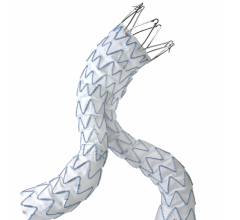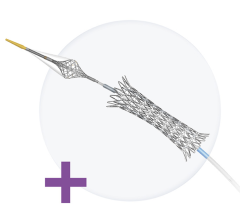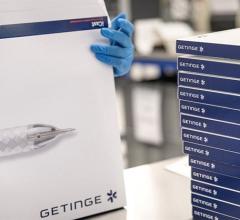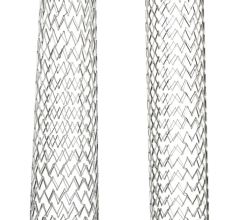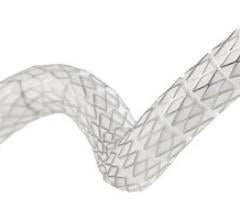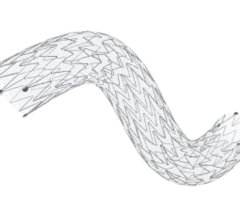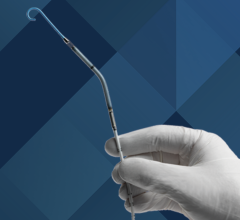June 29, 2007 - Investigators from the Wake Forest University (WFU) School of Medicine in Winston-Salem N.C. and University of California at San Francisco report that debris liberated during angioplasty and stenting of the kidney arteries may harm kidney function.
Matthew Edwards, M.D., lead researcher and vascular and endovascular surgeon at WFU School of Medicine, said blood was collected from kidney arteries immediately after the performance of an angioplasty and stent procedure in 28 patients. The procedures were performed with distal embolic protection using a commercially available temporary balloon occlusion and aspiration catheter system. Details of this research are published in the July Journal of Vascular Surgery. “Blood analysis revealed thousands of particles (average of more than 2,000 per procedure) which were large enough to block the small blood vessels in the kidney,” said Dr. Edwards. “These increasing amounts of debris collected were directly related to worse kidney function following the procedures.”
Angiograms, demographics and laboratory data were reviewed and the filtration rate was estimated before each procedure as well as four to eight weeks post-operative. Significant associations were observed between procedural and anatomic factors, and the amount of captured debris, including renal stent size, preoperative aspirin use, predilation and the ratio of renal artery stent diameter to artery diameter.
“Blockages of the kidney arteries affect up to 3.5 million Americans age 65 years and older and are an increasingly recognized cause of severe high blood pressure and kidney failure,” added Dr. Edwards. “Treating blockages with surgery, or angioplasty and stenting, to try and improve blood pressure control and kidney function as well as subsequent survival while reducing debris particles is essential, so the patient can be free from heart attacks, strokes and dialysis.”
Dr. Edwards added that further investigation is warranted to establish relationships between atheroembolism, end organ functional impairment and clinical responses. “Our results provide unique insight into the complications of renal artery stenting and guidance so we may move forward with important research designed to improve treatments for this increasingly common disease. Embolic protection devices now exist that may prevent the passage of this debris into the kidney and lead to better patient outcomes.”
For more information: www.VascularWeb.org

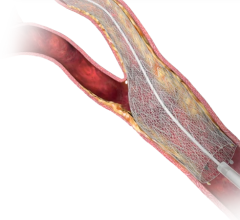
 November 24, 2025
November 24, 2025 
